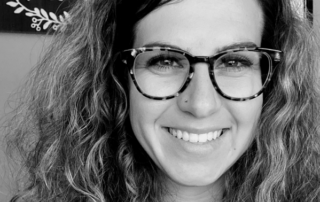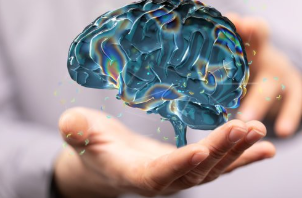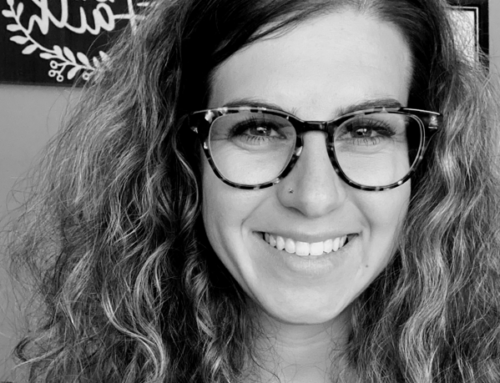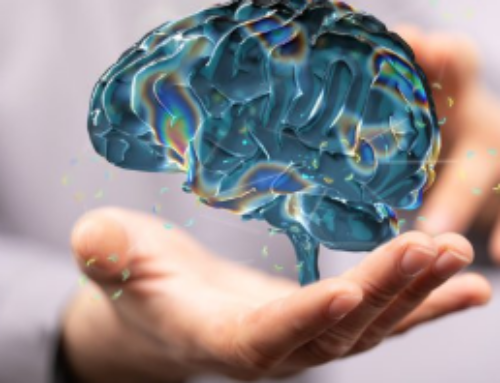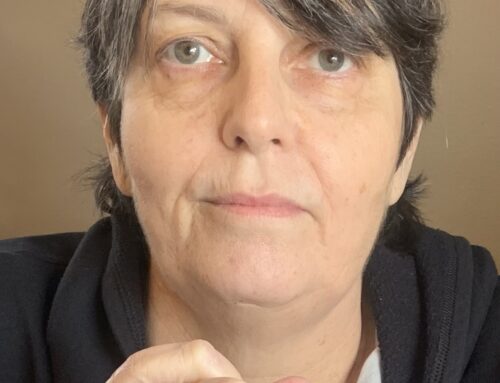Robert Eagan, an interventionist and clinical director for Chris Herren, a former Boston Celtics player who struggled with addiction, joined Donna Pellegrino, vice president of business development for Spectrum Health Systems, on Airing Addiction, hosted by WATV, in September, to discuss prevention and recovery. Robert, who has been in recovery himself for 15 years, is trained to assist people struggling with active addiction and recovery.
On the show, Robert explained why prevention works, noting that there is so much pressure on kids these days. The sooner you can get in front of kids to support them emotionally, the better. Unfortunately, there are too many risk factors today that can lead kids to alcohol and drug use. The highest rates of kids with addiction disorders occur in the places where these risk factors are elevated. While drug and alcohol abuse does not discriminate, risk factors such as amount of idle time, peer pressure, home life, income level, and so forth can also play a role on whether or not a child is more susceptible. Children cannot escape these risk factors, however, adults can do more to “check in” emotionally with the youths in their lives.
In today’s society, parents, teachers, and mentors can be too focused on performance-based attributes such as how well children are performing in school or athletics. Not enough is being done to support children by checking in emotionally. In some cases, children can be in situations at home where they are forced into adult roles. The pressure builds up and they finally hit a release valve. In many cases, instead of sitting down with an adult to talk through their feelings and what can be done to help improve their situation, someone passes them a joint or a drink, and the child no longer has to think about what is going on at home. It gives them an outlet. An unhealthy outlet that can often lead children down a path that can make life far more difficult. About 90 percent of active addiction begins in the teen years. The adult brain does not fully form until age 25. Adding a substance into a developing human brain creates pathways that could be there for life. It’s a very dangerous game.
Chris Herren started the Herren Project, a non-for-profit foundation dedicated to helping youth with addiction disorders. Through the foundation, Project Purple, was created so that kids could have a place to go and “check in” with a teacher, coach, or counselor to give them an outlet and help them make good choices.
Robert also talked about recovery. He explained people today can have pride in sobriety. It’s no longer something to be ashamed of. We have collectively gotten to a place where we realize it’s an illness of the brain. In Robert’s own family, addiction played a factor for more than 75 years. “There was tremendous shame in my family,” he said. Although he told himself this was the last thing he was going to become, at age 24, he found himself in active drug addiction, and wondering how he had gotten here and where he could go now.
Robert explains that when someone is in active addiction, every day is the bottom, a nightmare. Sobriety is also incredibly difficult. It’s a mental and spiritual journey, where the individual experiences many feelings of guilt, shame, and loneliness. Families need to get help as well during the process. They need to learn how to reconnect in a healthier manner, and they need to talk through what has been going on, and how they can do the opposite, and get supported in the process.
At the beginning of sobriety, it’s normal to feel like life is over because you can’t use drugs and or alcohol, which have become the individual’s entire world. The person in active addiction goes through a grieving process or “purgatory.” A space where they feel like they are damned if they do and damned if they don’t. The individual does not stay in this purgatory phase, however. As he or she slowly begins a sober life, they begin to recover bits and pieces of their life that they hadn’t experienced before or not for a very long time. They begin to find their “why.” They realize that they will risk losing all the good things in their life they have regained if they go back to using drugs and alcohol, and they realize that it’s not worth it. Robert explains that for him, his “why” was the relationship he formed with his niece and nephew during recovery that gave him a reason to continue to live. “I have a life second to none now,” he said. “I don’t have everything I want, but I have everything I need.”
To listen to the full Airing Addiction interview with Robert Eagan, visit the archive, here.

Airing Addiction is a weekly radio show hosted by Donna Pellegrino. Donna and her guests talk about living with active addiction, living in recovery and everything in between. You can catch it live on Sundays at 10am ET on WTAG radio or access past episodes here.


